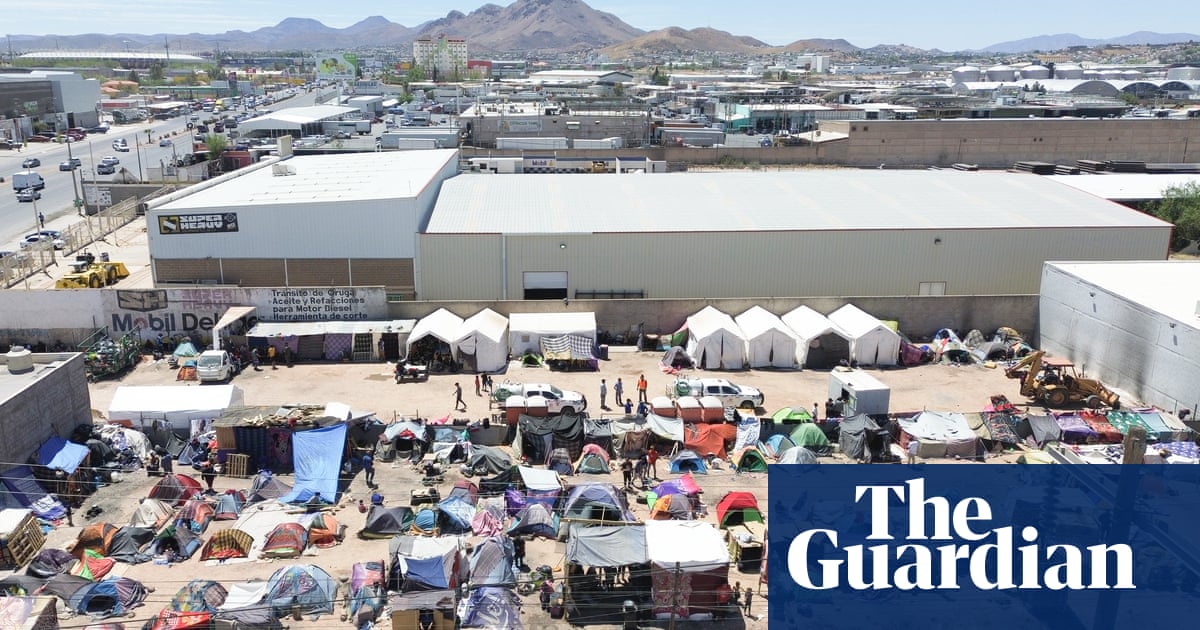
Choice of France often governed by its civilization, culture, meritocracy and secure living environment
France valued for its historical, linguistic and cultural ties with Lebanon and for its republican values
PARIS: As a child, I was touched by those Lebanese who could not hold back tears as they left their homeland. I gradually realized that this twinge of sorrow does not disappear with age, let alone with distance.
“Lebanon, we cannot get it out of our minds! It is a carnal bond. I am both Lebanese and French, day in, day out,” said Joumana Chahal Timery, who has a Ph.D in French literature.
This attachment is shared by Lamia Safieddine, a renowned choreographer with a doctorate in educational sciences, who said: “I have remained riveted on Lebanon, body and soul, while living and building my personal life elsewhere, which is enormously disturbed by the situation in Lebanon.”
The lives of thousands of Franco-Lebanese people thus follow the Lebanese tempo. Why then leave Lebanon? “My country, where life is a distant land,” wrote Nadia Tueni, a Franco-Lebanese poet, in 1986 in her “Complete Poetic Works.”
The choice of France is most often governed by an attraction for its civilization, culture, meritocracy and secure living environment.
“We do not choose to leave a country by chance,” said Jamil Abou Assi, an information management consultant who was born in Chouf in southern Mount Lebanon.
“France has always been, since my childhood, an idealized and utopian land of immigration, almost an unattainable dream, desired through readings, mainly the works of Victor Hugo and Voltaire. This desire of France was also an implicit desire for a change of life and an aspiration to flee the Druze tradition.”
France is valued for its historical, linguistic and cultural ties with Lebanon as well as for its republican motto of “Liberty, Equality, Fraternity.” Dr. Georges Estephan, who currently works at the Georges-Pompidou European Hospital, said that he chose France because “this country respects all beliefs, ensuring equality before the law for all citizens regardless of origin or religion.”
Born in Tyre in southern Lebanon, Safieddine lived in Beirut until the age of 15. She traveled around the world before arriving in Paris, living particularly in Côte d’Ivoire, Belgium and Brazil. She chose Paris because it is “a very important cultural city and especially not very far from Lebanon. When I lived in Sao Paulo, I felt very far from my homeland.”
Acquiring French nationality partly quenches this desire for France. For Timery, becoming legally French changed her personal and professional life. It ultimately allowed her “to feel truly at home, safer and more integrated, to be able to take certain exams which were reserved for French nationals, and for my husband to enroll in the Order of Physicians.”
It is also a significant paradigm shift. “It is both the achievement of a goal and a reassessment of an entire phase of life,” said Abou Assi. “I spent 13 years in France before obtaining French nationality, after a career marked by job insecurity, an abandoned thesis and the death of my mother on French soil.
“During these 13 years, all I did was trying to absolve myself of my Lebanese past. Obtaining French nationality was the triggering of a peace process to reconnect with my origins.”
To feel fully French, according to Dr. Estephan, originally from Byblos in northern Mount Lebanon, “the most important thing is to integrate into society and respect republican values. In this sense, working allows for better integration.”
Many Franco-Lebanese are keen to maintain a link with Lebanon, although some initially wanted to sever all relations. “For the past six years, I have been able to reconnect with Lebanon and have come to appreciate a country that has become as important to me as this adopted homeland, that is France,” said Abou Assi.
“Amine Maalouf’s quote on belonging sums up my current state of mind about my attachment to Lebanon and France: ‘I am an integral part of two universes, thus I cannot belong to one’.”
The Franco-Lebanese people are also practitioners of interculturality. Safieddine has worked extensively on this notion, which she describes as “feeling the sense of belonging to several cultures through both experience and language,” and “get to make your own synthesis,” and “no longer need to be in Lebanon to feel that I belong there.”
Dancing allowed her to portray her own Lebanon to the European public. “I danced with a purpose, I danced to express the pain of my country. It’s the words — Fairuz’s song — that make me dance,” she said. Her art is that of a theater where no words are spoken.
Safieddine’s repertoire has been very successful, notably with “Lebanon at Heart.” This show, which combines dancing and poem recitations, allowed her to “transcend all borders and express her own Lebanon” by speaking “of a mythical Lebanon — embellished by the beautiful songs of Fairuz — and of Lebanon of war.”
Unconditional love for Lebanon led Timery to convert the sentiment professionally by founding the cultural association “Patrimoine Tripoli Liban” in Paris, in April 2009. Its main objective is to make the French and the Lebanese aware of the little-known jewels of the heritage and culture of Tripoli, the capital of northern Lebanon and the second-largest city in the country.
Culture thus appears to be the primordial and preponderant factor behind the Franco-Lebanese people’s deep attachment to their home country.












